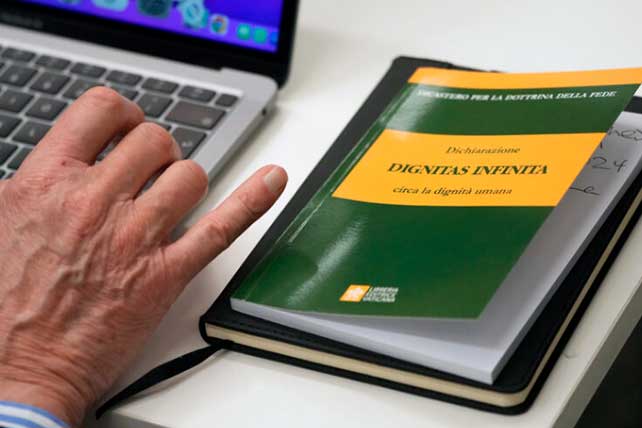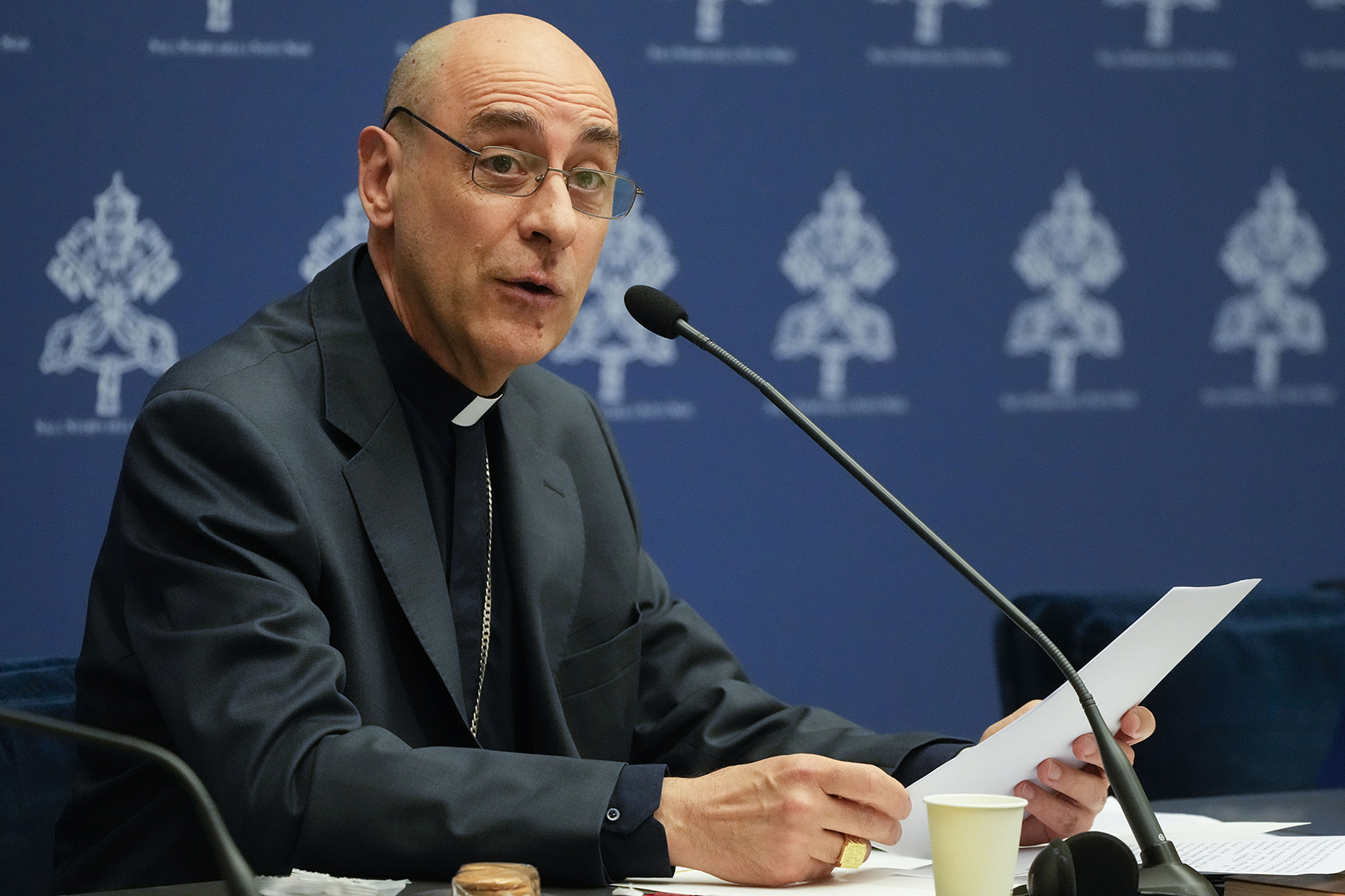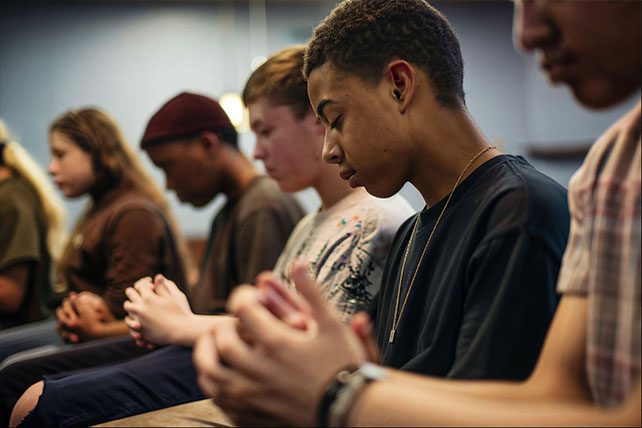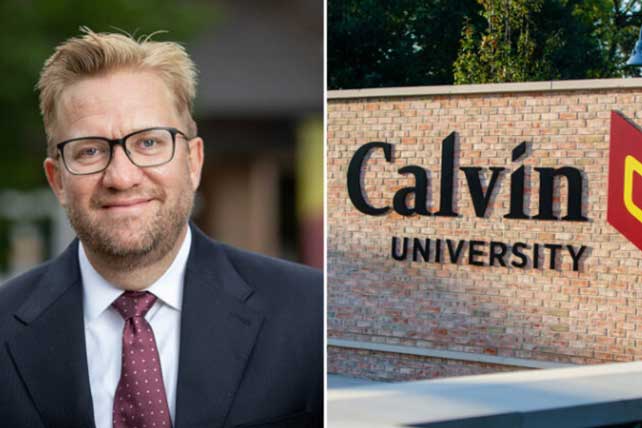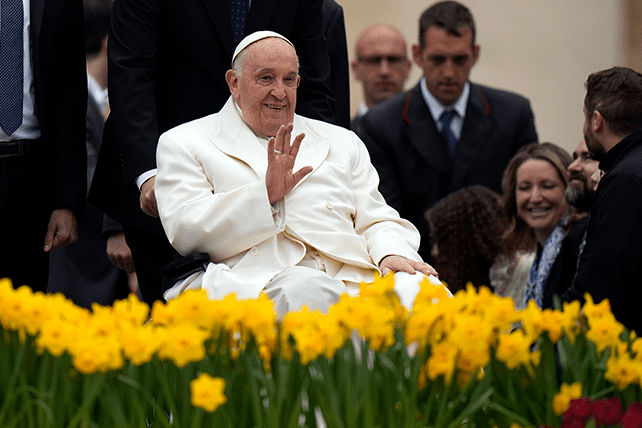Baptism is a significant spiritual milestone for many believers, symbolizing the washing away of sin and the beginning of a new life in Christ. While traditionally performed within a church setting, various circumstances may lead individuals to get baptized without joining a church.
Is It Possible to Get Baptized Without Joining a Church?
Whether in a natural setting, through a special event, or in a more private venue, the act of baptism can be tailored to reflect the personal journey of any believer.
1. Home Baptisms
A personal and intimate setting for baptism can be in a believer’s home. This could involve filling a bathtub, using a backyard pool, or even a portable baptismal pool. Home baptisms allow for a more intimate gathering of friends and family, providing a meaningful and private experience. They often require the presence of a pastor or ordained minister to perform the ceremony, many of whom may be willing to officiate a home baptism upon request.
RELATED: Bishop TD Jakes’ Daughter: A Reflection of Faith and Family
2. River or Lake Baptisms
Nature can provide a beautiful backdrop for the baptism ritual, echoing the biblical baptisms that took place in natural bodies of water, like the Jordan River where Jesus was baptized (Matthew 3:13-17). Performing baptisms in a river, lake, or even the ocean can be a powerful experience, connecting the act of baptism with the creation God has made. Always ensure safety measures are in place and consider local regulations regarding public gatherings in these areas.
3. Beachside Baptisms
Similar to river and lake baptisms, beachside baptisms offer a picturesque setting for the ceremony. This setting can be particularly meaningful for those who feel a deep connection to the sea or wish to commemorate their baptism at sunrise or sunset, adding a profound aesthetic to the spiritual significance of the event.
4. Baptism Events Organized by Non-denominational Groups
Some non-denominational Christian groups and ministries organize baptism events that are open to the public, not requiring membership in their organization or church. These events are often held in various locations, such as public parks or beaches, and can provide an opportunity to be baptized alongside others in a communal setting.
5. Travel to a Holy Site
For those who are able, traveling to a significant biblical location, such as the Jordan River, to be baptized can be an unforgettable spiritual journey. This option obviously requires more resources and planning but can be an incredibly meaningful way to connect with the history of the Christian faith.


